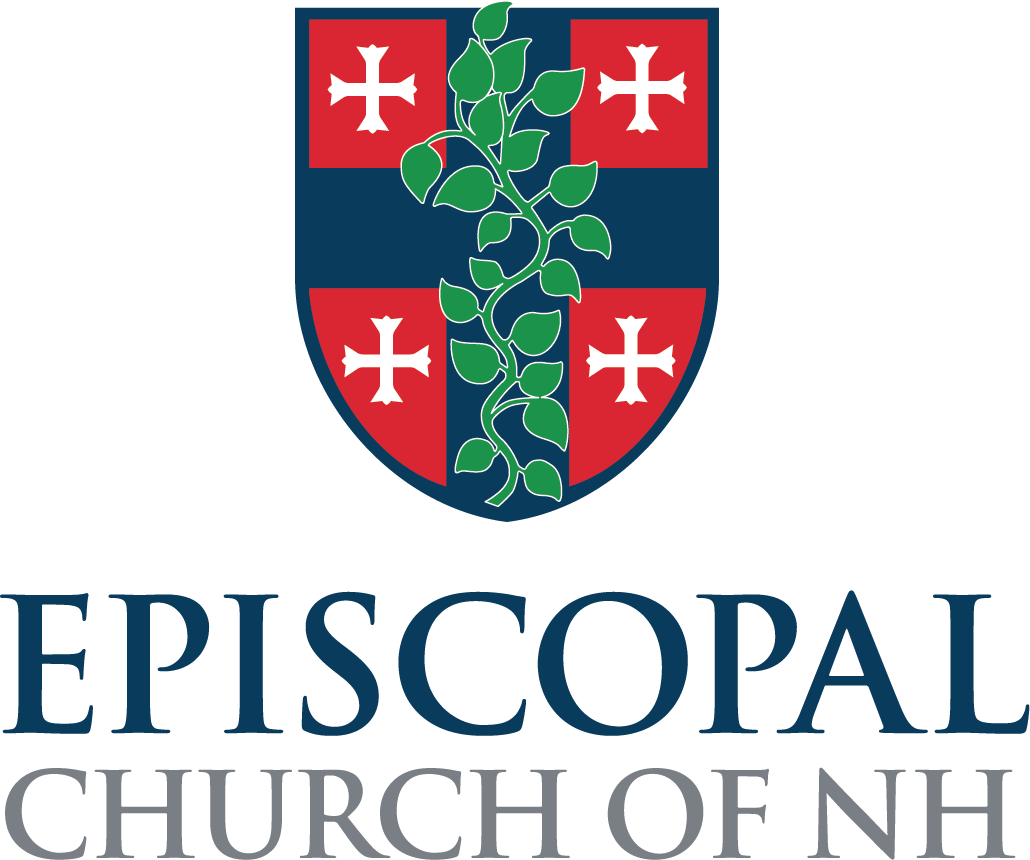Lent, when observed in the spirit for which it was intended, will always fly in the face of our culture.
We hear repeated and incessant calls to fulfill our appetites, to obey our ever-expanding compulsions to keep up with our neighbors’ attainments, achievements, or acclaim. What little I saw of the recent Super Bowl was enough to convince me of how much our society—at least a large and popular segment of it—celebrates the “me” over the “we:” a famous player’s sideline abusive and shoving outburst at his own coach; commercials that urge us to “buy like a billionaire” things that will end up in landfills contaminating our water sources; not to mention the hyper-sexualized and gluttonous advertisements that intend to spur our graspingness in order to drive an economy of extraction and consumption. It’s been noted how our bellicose politics and foreign policy more closely resembles a concussive pro-football strategy than something more reasoned thoughtful, compassionate, and—dare I say—loving? Even our laudable and necessary efforts to turn from fossil fuels to sources of renewal energy assume that the comfort of our lifestyles will not be lessened or altered.
Of course, I’m sure I’ll be accused of being a downer, or a moralizer, or a killjoy for casting a critical eye of these examples. In fact, one side of our family is employed by one of the dominant professional football empires of recent times, so it’s not without some dread that I say these things. But while it may sound odd, what I really hope for is a Lent of ecstasy. Let me try to explain.
Despite what the Church misguidedly tends to preach, Ash Wednesday and Lent run counter to all the me-first-ism that dominates so much of our attention and imaginations. Lent is not the church saying to you, “now would be a great time for you to shed those pounds for summer beachwear.” Or, “get rid of those habits that keep you from being your most effective self, as defined by a magazine of the same name: Self.”
Rather, Ash Wednesday and Lent are the turning points of the year when we look out from ourselves and discover who we are in our relationship with others, especially those who do not comfort us because they reflect our own tastes, race, leanings, learnings, or choices. This season before Easter is the time to take sabbath rest for ourselves, not so much to restore our batteries to work more efficiently, but to tend and restore our relationships at home and in the wider community, to extend hospitality to strangers, to seek out that person who you know you have injured, or has slighted you, and—if it is safe and healthy to do so—seek a peace, if not in person, then in your heart. Those practices are scary, aren’t they? They represent a kind of death to ego, don’t they? Indeed, the ashes of Lent signal a release of our need to control and to protect what we think is our due or our right. Lent is a time when we, as a whole body of disciples, seek to walk in the shoes of others, even our enemies.
That’s what the best of our time-honored spiritual heritage invites us to do, to love our enemies, to heal and repair the world, to be so reckless in love so as to wash others’ feet and to allow them to wash ours, to plant new gardens and forests where God’s grace can flourish—even over the ashes of our ancient fears and hatreds and exploitations. I wish Lent was as easy as giving up sweets or overindulgences. Instead, it invites us to see not merely ourselves on the Cross, but all of humanity, as at one with another and with God, indeed all of God’s creation. We are invited to journey to the cross so that all of us, all the world that God loves, may rejoice in the power of Christ’s life that overcomes death itself.
So, I pray for us all to experience a kind of rapture this Lent, which is to say a kind of ecstasy. The word ecstasy, from the Greek ex-stasis, means a standing outside of oneself. It suggests a kind of rapturous joy that brings a self-forgetting in love so that we remember that we are baptized into the living Body of Christ. I pray for that ecstasy for us all, even if it’s just for a moment or two, or a day, if not for the whole season ahead of us. I pray that, by our prayers and by our acts of giving and loving service, we are so filled with God’s presence that we feel little but the desire to be in God’s love. May we know ourselves to be utterly beloved, and in that love forgiven, and thus utterly liberated to forgive and to share what’s been given us. We hope for these things not merely for how they make us feel, good or righteous. Yes, God may indeed bless us with a sense of spiritual contentment and peace, those emotions can certainly be signs of being aligned with God’s desire for us. May our observance of a Holy Lent be more for the sake of God’s love for the whole world. If in our self-forgetting we have a rapturous season, we will have a Lent to remember.
